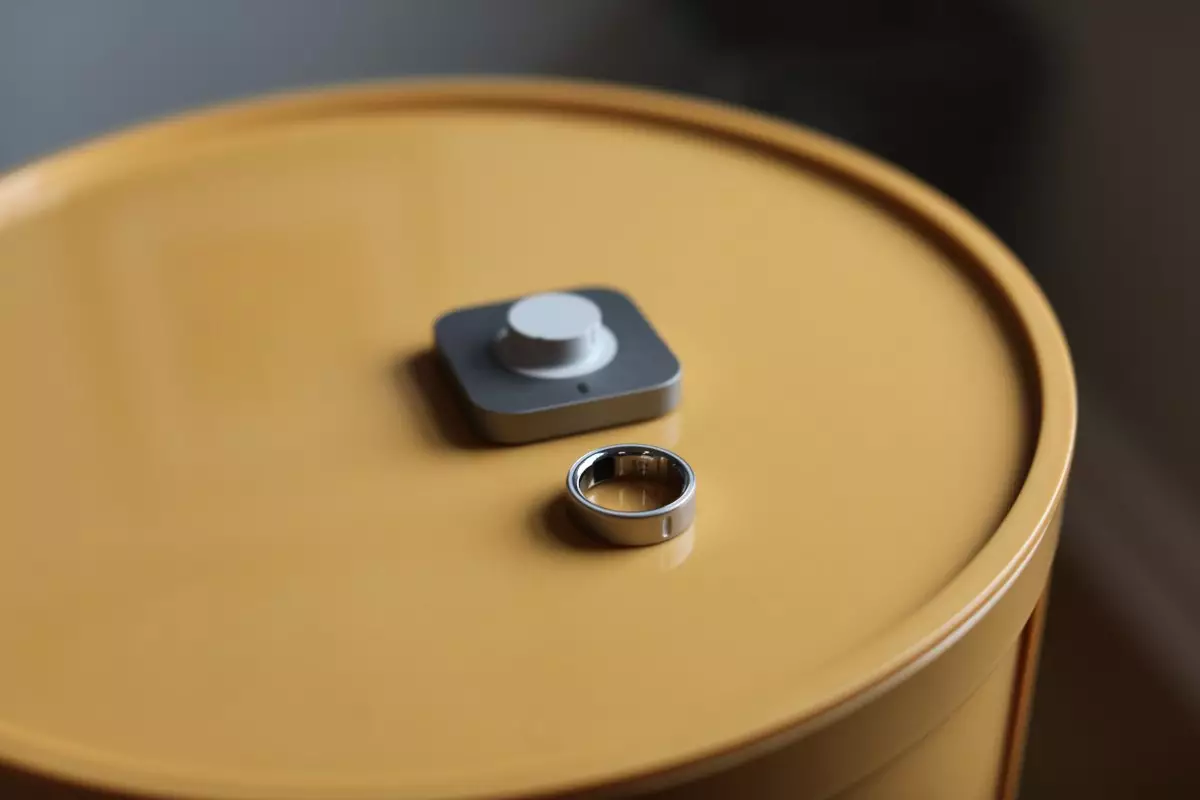Oura, the innovative maker of health-focused wearable technology, has made waves in the tech and health sectors with its recent acquisition of Sparta Science, a startup that specializes in health tracking solutions. This move, announced on a Thursday, signifies not just a continuation of Oura’s expansion strategy over the last two years but also a crucial pivot towards enhancing their offerings in the burgeoning field of health monitoring. As one of the few companies venturing deeply into both personal and enterprise-level health tracking, Oura is establishing itself as a linchpin in the digital health ecosystem.
With the acquisition of Sparta Science, Oura adds another dimension to its portfolio, following notable purchases including the digital identity platform, Proxy, in May 2023, and Veri for metabolic health enhancements. This pattern of acquiring diverse technologies indicates a well-thought-out strategy to bolster Oura’s position not just in consumer markets, but also in business-to-business (B2B) applications. By integrating Sparta’s Trinsic health data platform into its offerings, Oura is prioritizing empirical health data, which is becoming increasingly vital for organizations that aim to monitor employee health remotely.
The demand for health-based wearables in corporate settings has been on the rise, revolutionizing how companies approach employee wellness programs. Oura Business, a dedicated B2B platform, allows organizations to supply their teams with the Oura ring through bulk purchases or personalized gift cards. This enables employees to select their preferred ring size and design, a thoughtful personalization that most wearables companies overlook. It’s a strategic advantage in fostering a culture of health within the organization and potentially enhancing productivity through better health management.
According to Oura’s chief commercial officer, the partnership with Sparta Science is bolstered by their previous collaborations, including projects with high-profile entities like the Department of Defense. The reassurance that the Oura Ring can support large-scale population health monitoring underscores its capacity for substantial impact in both civilian and military populations. As Oura aims to expand its reach, the strategic incorporation of Sparta’s advanced data analytics will tailor their products to meet the specific health monitoring needs of diverse partners.
Despite the promising partnership, Oura has made the decision to discontinue the production of Sparta’s clinical-grade force plates by the end of the year. This transition from clinical devices to consumer-focused wearables raises questions about the future of such technology in its original setting. As Oura Ring 4 launched in October, this pivot may reflect a strategic focus on refining wearable technology for individual users rather than maintaining a foothold in the clinical health space.
Overall, Oura’s acquisition of Sparta Science represents its ambitious strategy not only to enhance its technology but to redefine the landscape of health monitoring. By integrating data-driven health insights into its business model, Oura is positioning itself to set new standards in how individuals and organizations view health tracking in the context of both personal and professional environments. This strategic direction promises to bolster Oura’s standing as a key player in the global health technology arena, aligning their offerings with the growing demand for comprehensive, user-friendly health solutions.

